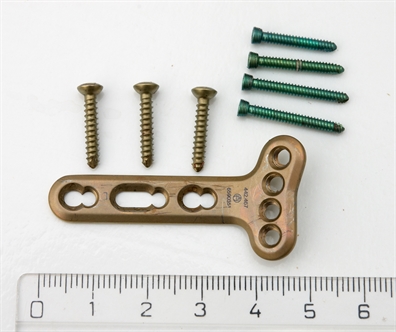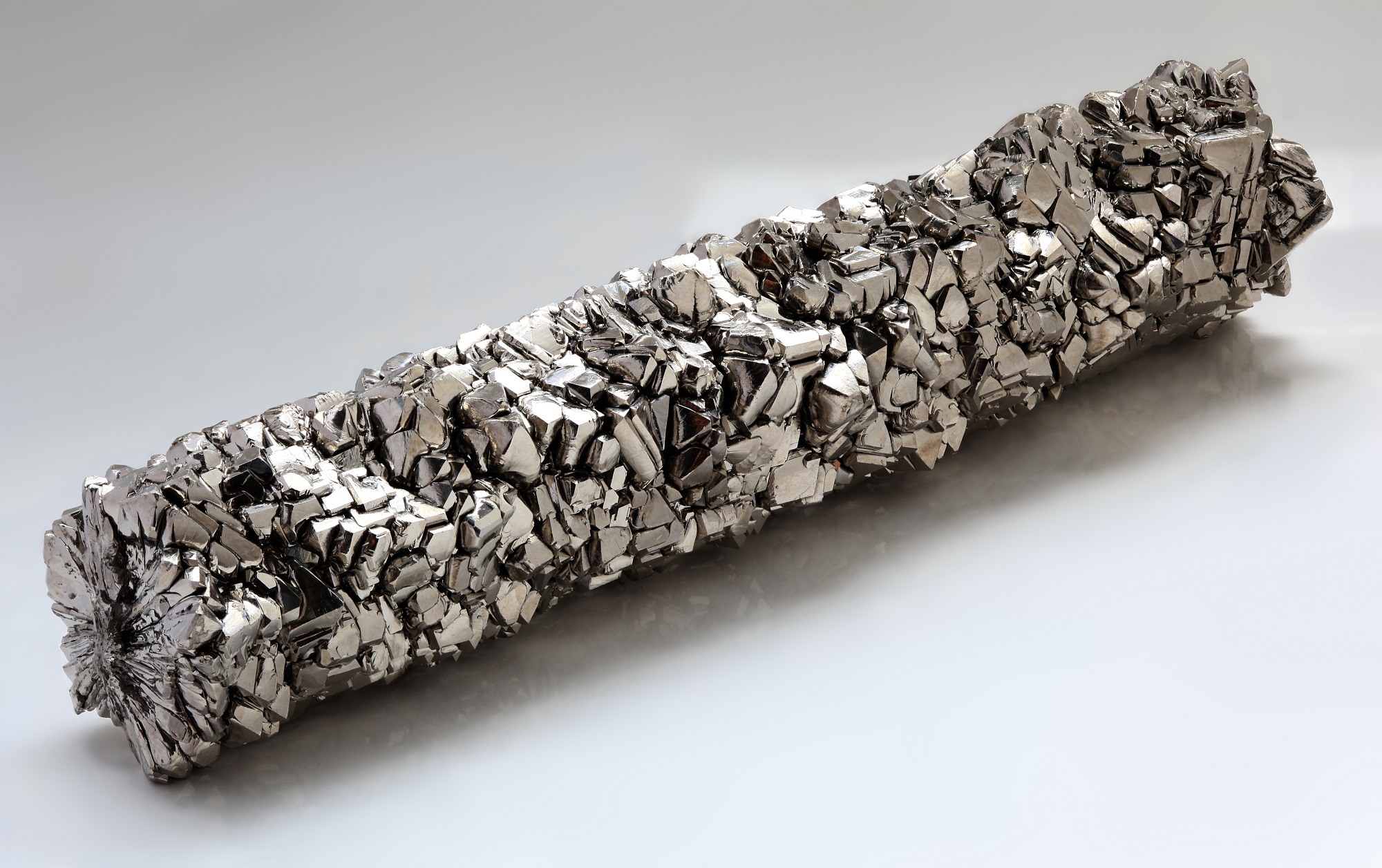-
SAMT® Vacuum Industrial Furnace
Codere® Vertical Modular Heat Treatment Line
Pyradia® Light Alloy Heat Treatment
EMO® Hösel® LPW® Precision Cleaning System
SAMT® Selective Laser Melting Machine
-
SAMT® Vacuum Technology
Codere® Vertical Modular Heat Treatment
Pyradia® Light Alloy Heat Treatment
EMO® Hösel® Industrial Cleaning
LPW® Precision Cleaning
Titanium is a chemical element with symbol Ti and atomic number 22. It is a lustrous transition metal with a silver color, low density, and high strength. Titanium is resistant to corrosion in sea water, aqua regia, and chlorine.
Titanium alloys are metals that contain a mixture of titanium and other chemical elements. Such alloys have very high tensile strength and toughness (even at extreme temperatures). They are light in weight, have extraordinary corrosion resistance and the ability to withstand extreme temperatures. However, the high cost of both raw materials and processing limit their use to military applications, aircraft, spacecraft, medical devices, highly stressed components such as connecting rods on expensive sports cars and some premium sports equipment and consumer electronics.
TITANIUM
SAMT
SAMT team had the career background of the steel metallurgy company, and profession on heat treatment and surface engineering of metal materials. We have the vision to develop SAMT as the system supplier who independently own the core technology of materials and metallurgy, and keep the world-advanced leading position by the consistent innovation.
Contact
How can we help you?
Telephone hotline
400 615 3008



